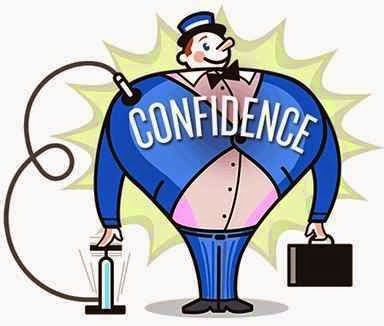I spend a fair amount of time taking to leaders about how they and others see themselves on the back of 360 degree feedback (aka multi-rater feedback). In general terms people seem to fall into three broad comps: firstly there are those who have an over-inflated view of themselves relative to others, secondly, the ‘under-inflaters’, and lastly, those whose self image aligns pretty closely to others.
The ‘over’ and ‘under-inflaters ‘give coaches different challenges: ‘over-inflaters’ often selectively pick up on positive messages that confirm their self-perception, rationalising away contrary messages. The coaching role is therefore to ‘hold up the mirror’ squarely and robustly to let a more balanced message in. For ‘under-inflaters ‘ the coaches role is reverse, helping the client see a more positive and rounded view of themselves even if they cling to a negative view.
These reactions can be neatly explained with an understanding of the ‘self-consistency’ and ‘self-enhancement’ motives – terms coined by social psychologist Dr Roy Baumeister. We all need a consistent or enduring sense of ourselves, and some of us need to feel we are better than the next man (or woman). For those with inflated self-esteem both motives apply, whereas for those with low self-esteem the consistency motive wins out – its less anxiety provoking to believe bad things as long as it is the same things!.
So as coaches we have an interesting paradox to contend with when debriefing 360 feedback – instead of increasing self knowledge and awareness we may inadvertently help people confirm their existing (erroneous) self-image rather than challenging it. Coaches need to have their wits about them to spot the give away signs and be prepared for some challenging conversations!
